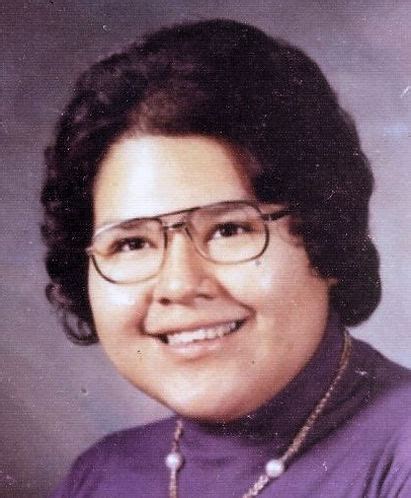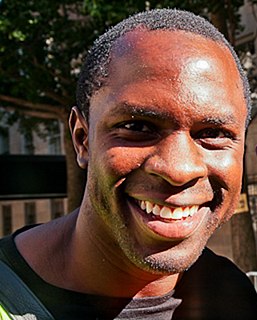A Quote by Sarah Hall
Show, don't tell, is a mantra repeated by tutors of creative writing courses the world over. As advice for amateurs, it is sound and helps avoid character profiling, unactivated scenes, and broken narrative frames.
Related Quotes
Inexperienced fiction and creative nonfiction writers are often told to show, not tell - to write scenes, dramatize, cut exposition, cut summary - but it can be misguided advice. Good prose almost always requires both showing and telling, scenes and summary, the two basic components of creative prose
I guess the wildcard here is Terrence Malick. He supervised me while I was writing the script for Beautiful Country, and he is a genius, although not always easy to follow. What I learned from him is that the narrative can be tracked through all kinds of scenes, that the strong narrative thread is not always the one that is most obvious. Creating narrative with Malick was a bit like chasing a butterfly through a jungle. This approach to narrative is fun and complicated, something that makes the process of writing constantly interesting to this writer.
Part of what my work has always been about is to show that the apocalyptic character of the gospel makes the everyday possible. It gives us the time that lets us care for one another as we are ill, helps us care for one another as we experience broken relationships, and helps us take the time to worship God in a world of such violence.
The very dull truth is that writing love scenes is the same as writing other scenes - your job is to be fully engaged in the character's experience. What does this mean to them? How are they changed by it, or not? I remember being a little nervous, as I am when writing any high-stakes, intense scene (death, sex, grief, joy).
Turning pro is a mindset. If we are struggling with fear, self-sabotage, procrastination, self-doubt, etc., the problem is, we’re thinking like amateurs. Amateurs don’t show up. Amateurs crap out. Amateurs let adversity defeat them. The pro thinks differently. He shows up, he does his work, he keeps on truckin’, no matter what.
Turning pro is a mindset. If we are struggling with fear, self-sabotage, procrastination, self-doubt, etc., the problem is, we're thinking like amateurs. Amateurs don't show up. Amateurs crap out. Amateurs let adversity defeat them. The pro thinks differently. He shows up, he does his work, he keeps on truckin', no matter what.
We all have an ongoing narrative inside our heads, the narrative that is spoken aloud if a friend asks a question. That narrative feels deeply natural to me. We also hang on to scraps of dialogue. Our memories don’t usually serve us up whole scenes complete with dialogue. So I suppose I’m saying that I like to work from what a character is likely to remember, from a more interior place.
I had creative control over my character, which means if they wanted me to do something that I didn't agree with, then I wouldn't do it. If it was good for the show, then I had no problem. If it was demeaning to the character and wasn't adding a positive light to the show, then I can guarantee that I wouldn't do it.




































